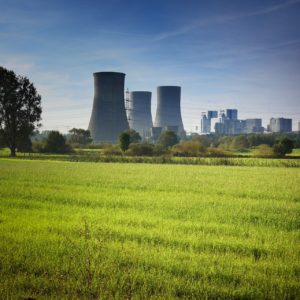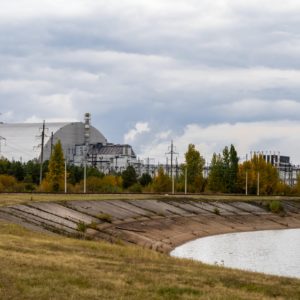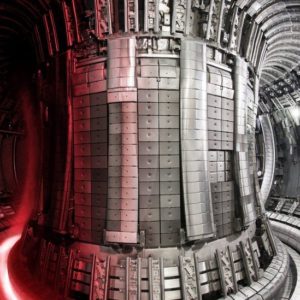The role for public policymakers is make it easier for entrepreneurs and investors to do what they do best: innovate, raise levels of prosperity and contribute to solutions that are good for the planet.
The Top Four Conservationist Presidents
Our goal should always be sustainable policies that can last for generations. Lincoln, Grant, Harrison, and Roosevelt paved the way for conservation in our country and we should ensure that this practice of conservation continues for many generations to come.
This Tree-Tracking Startup Is the Most Innovative of Its Kind
Companies looking to offset their carbon footprint can purchase carbon credits directly from Pachama’s marketplace. Organizations can choose from a list of high-impact, curated projects that have been pre-selected to meet international standards for carbon removal. Once chosen, projects are actively monitored using the company’s remote sensing technology.
Natural Climate Solutions Are Rooted in America
When we talk about climate change, we too often are focused exclusively on energy and industry emissions. While that is an important conversation, we cannot afford to miss the forest for the trees by ignoring the potential of natural climate solutions.
Finland Bets on Nuclear Energy and The US Should Do the Same
Finland’s Onkalo facility should be a victory for all climate activists as we work to improve the world’s most reliable clean energy source. In response to this news, the United States should lessen its regulatory burden on nuclear energy to encourage more production and lessen the cost of new plants.
Meet the Company that Grows Veggies With Recycled Rainwater
The world must produce 56% more food by 2050 to meet global population demand, according to a 2019 World Resources Report from the United Nations. With over three-fourths of the world’s freshwater already set aside to agriculture, water scarcity will be the foremost threat to our global food systems. That’s where AppHarvest comes in, the...
New Technology on Track to Return Radiation in Chernobyl to Naturally Occurring Levels Within 5 Years
The revolutionary NSPS technology from Exlterra could lead to people once again inhabiting a clean and thriving Chernobyl in the very near future. Private companies like Exlterra are showing the way to a cleaner, greener environment.
How to Boost Farm Profits 78% (Or More) While Saving the World
Nationwide win-win-win opportunities are exceedingly rare. Our nation’s farmers and ranchers are on the frontlines of climate change, but they also have an opportunity to help our planet and increase their profit.
The UK Forges a Global Path to Nuclear Fusion
The Joint European Torus (JET) laboratory in the UK’s Culham Centre for Fusion Energy have broken records on energy extraction from hydrogen fusion.
Republican Climate Change Solutions Have an Image Problem
Over the past few years, Republicans have legislatively taken a seat at the climate table in a real way, but public perception has yet to catch up to their work.









